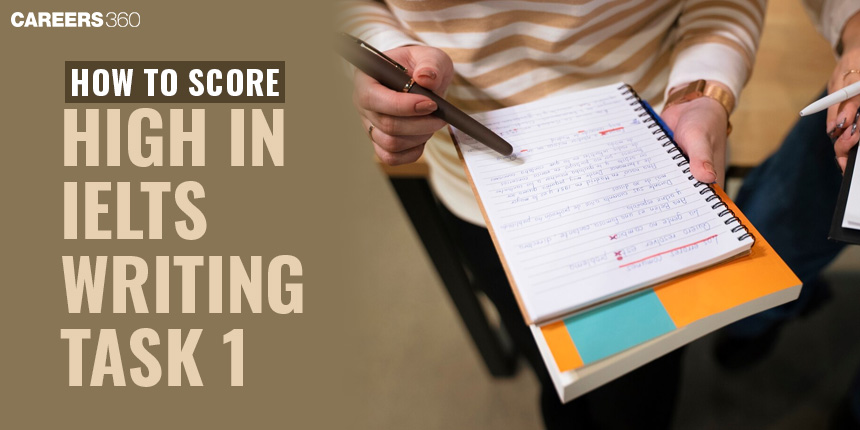Using excellent IELTS study books can really help candidates. At Careers360, we've made some IELTS preparation materials to help candidates get ready for the exam. We suggest candidates use these resources to understand the IELTS test better.
Common Mistakes To Avoid
Not only do you need to focus on what to do, but it’s vital to know what you should avoid when scoring high in Writing Task 1. This section shows you the types of mistakes many candidates make and explains how to avoid them.
1. Adding Personal Opinions:
Task 1 is designed to be objective. You should describe the images without mentioning what you think or feel about them. So, stick with the information found in the chart, graph, table, map or diagram when making your overall summary or comparisons.
2. Missing the Overview Paragraph:
The success of your Task Achievement score depends greatly on your overview section. Always make a separate point to group the main changes or trends shown in the visual together. It helps the examiner notice your knowledge of the bigger concepts.
3. Ignoring Data Units and Labels:
If you don’t add units such as %, years or categories when you describe your data, it may not be clear and could lower your Accuracy score. So, be sure to notice and state anything written next to or below the axes or on the chart legend (e.g., “There was an increase from 30% to 45% from 2010 to 2020.”
4. Repeating the Same Vocabulary:
Having a small vocabulary reduces your Lexical Resource band score. Try to use various expressions and expressions that mean the same thing. For example, rather than saying “more” all the time, use “upward,” “rise,” “grow,” or “surge.”
How to Score High in IELTS Writing Task 1 - Useful Expert Tips for Success Key Takeaways
Mastering IELTS Writing Task 1 requires a combination of understanding the task types, effective organization, and a strong command of vocabulary and grammar. So, by implementing the strategies and tips outlined in this guide, you can significantly enhance your performance and increase your chances of scoring high in IELTS Writing Task 1. Always remember to practice consistently and seek feedback to refine your skills, ultimately leading to success in this critical component of the IELTS examination. Without bothering much about how to score high in ielts writing task 1 just take the correct step.
IELTS Practice Tests
Investing time in practising for IELTS tests is highly productive. The more you practice, the more familiar you become with the test format, which ultimately improves your performance on the actual exam. That's why we've created this series of articles to support you on your journey by providing preparation.
IELTS Reading Practice Tests
IELTS Writing Practice Tests
IELTS Listening Practice Tests
IELTS Speaking Tests
About the Author:
Pooja Aggarwal is an experienced trainer with over 15 years of expertise in helping students achieve their educational goals. With a degree in Education, she focuses on clear, patient, and personalized instruction. Her approach has successfully guided students from diverse backgrounds, preparing them for both Academic and General Training modules of various exams in a supportive and engaging environment.
